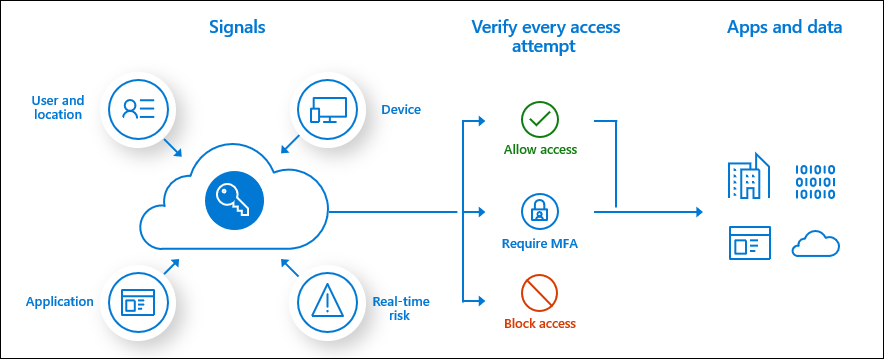
The future of algorithms
A lot has changed at Facebook since 2006. It went from a very simple website with a tiny amount of functions, to an intelligent platform with a lot of algorithms involved. An algorithm is a set of mathematical instructions that produce certain outputs by telling it certain inputs (comparable with the ingredients, supplies and steps for baking a cake as output). The input at Facebook is all your information, your likes, interactions, searches, friends and your posts for example. This is all used to produce the output for you and make everything personalized.
You constantly see personalized information and ads when surfing on the website. With the introduction of the News Feed, all these developments were introduced at a rapid pace. Facebook used algorithms from the start, to filter all the content its user could see. This was needed, according to Facebook, since there was too much information to view. With time passing, the algorithms evolved, determining what is presented to the users. When these algorithms work how they are supposed to work, these personalizations can help users discover content that matches their interests. Unfortunately, this is not always the case; people are exposed to toxic content and misinformation. Facebook earns money by letting people scroll and exposing them to as many ads as possible, which they accomplish with these algorithms. It is very difficult to eliminate toxic algorithms since multiple teams build various algorithms and nowadays, algorithms learn things themselves and use a tremendous amount of data as input.
Haugen, a former Facebook product manager and now-called whistleblower, has shown her critique about this topic. She thinks that these algorithms of Facebook fuel polarization, misinformation and other toxic content. A lot has to be done to improve these algorithms. I hope that with the rise of media attention to this topic, changes will be made to avoid these high risks. I think that Facebook has a lot of power and can lead easily to polarization and more distance between groups of people. What do you think?

